Kurigram, Nov 28, (V7N) - Farmers in Kurigram have achieved remarkable success in cauliflower cultivation by using organic fertilizers and reducing pesticide usage. This shift towards natural methods has not only doubled their profits but also contributed to environmental conservation.
In the Chinnai Union of Rajarhat Upazila, particularly in the villages of Mohidhar and Mistripara, farmers have embraced eco-friendly farming techniques. By implementing organic fertilizers, pheromone traps, poison baits, and fruit bags, they have successfully minimized harmful insect infestations without relying on excessive pesticides. These methods align with the safe vegetable production hub-cluster system, emphasizing sustainability and safety.
The farmers have adopted advanced techniques such as selecting crop varieties suited to the region, using quality seeds, proper seedbed preparation, and maintaining appropriate spacing during planting. They also prioritize timely irrigation, weeding, and organic fertilizer application. This holistic approach enhances crop quality, improves soil fertility, and minimizes health and environmental risks.
Key outcomes of these methods include:
Enhanced Soil Microbial Activity: Organic matter increases microbial activity by 30–100%, improving soil texture and fertility.
Environmental Protection: Reduced pesticide use safeguards beneficial insects, fish, frogs, and other wildlife.
Cost Efficiency: Farmers save on production costs while earning significantly higher profits.
Farmer Alam Badsha, who cultivated more than an acre of cauliflower, shared his success:
"With training from RDRS Bangladesh, I’ve cut production costs and doubled my income over the years."
Similarly, Anarul Islam highlighted the impact of reduced pesticide use:
"Previously, I applied pesticides 12–15 times, costing 3,000–4,000 taka. Now, with free pheromone traps and poison baits provided by RDRS Bangladesh, I’ve reduced pesticide use to just twice. This has not only saved costs but also improved soil fertility."
Another farmer, Krishani, noted the economic benefits:
"I spent 30,000–35,000 taka per bigha and have already sold cauliflower worth over 40,000 taka. I expect total earnings to reach 70,000 taka."
RDRS Bangladesh, in collaboration with the Palli Karma-Sahayak Foundation, has played a pivotal role in this transformation. Agriculturist Abdus Sattar stated:
"We focus on eco-friendly farming and safe food production. Reducing pesticide use prevents soil, water, and air pollution, safeguarding human health from diseases like heart disease and cancer."
RDRS team leader Bidyut Kumar Saha emphasized the program's success in Kurigram Sadar and Rajarhat Upazilas, crediting financial and technical support for enabling farmers to achieve safe food production.
Rajarhat Upazila Agriculture Officer Saifunnahar Sathi confirmed that both government and private initiatives are actively training and supporting farmers to adopt safe and sustainable food production methods.
By embracing these eco-friendly practices, Kurigram’s farmers are not only boosting their incomes but also contributing to a healthier environment and safer food production for the community.
END/MIB/RH/



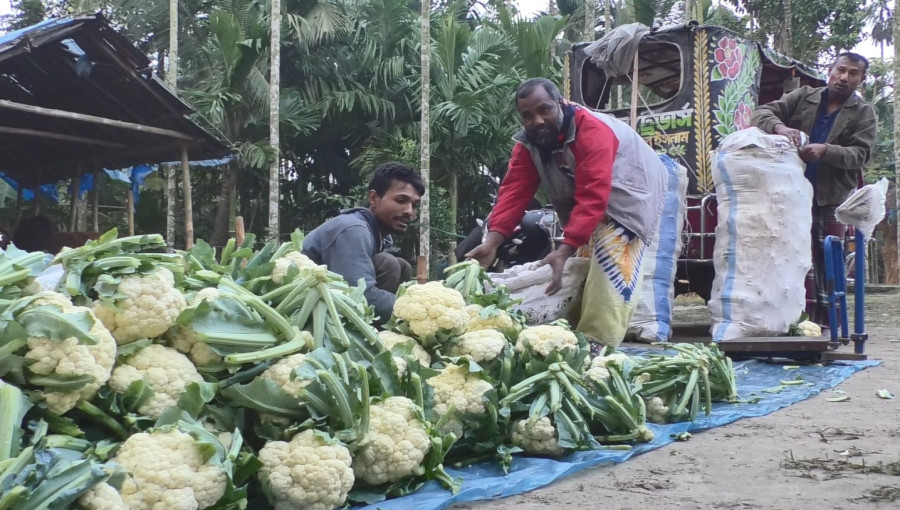
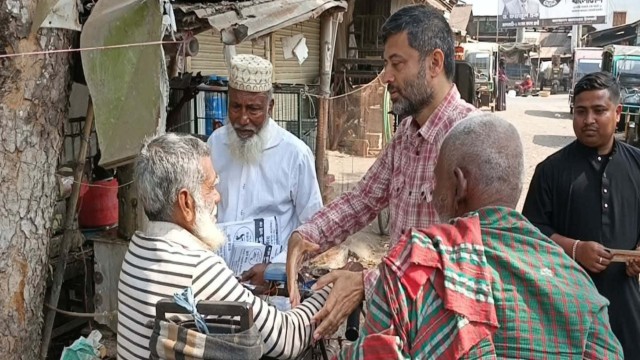
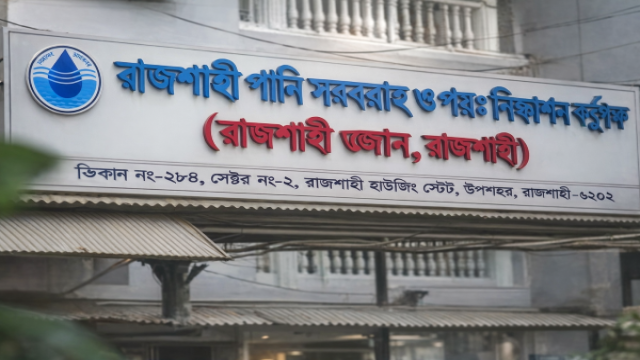





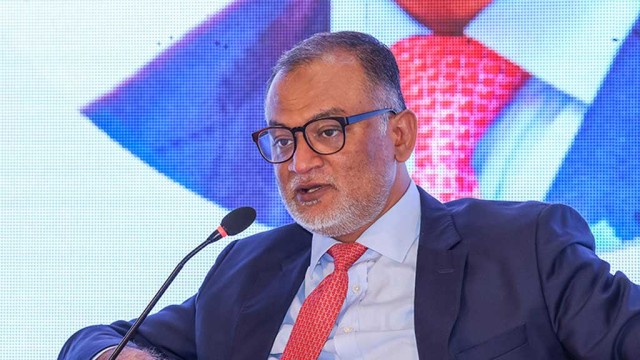


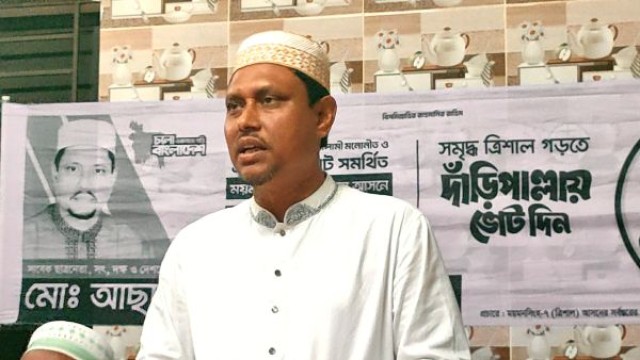
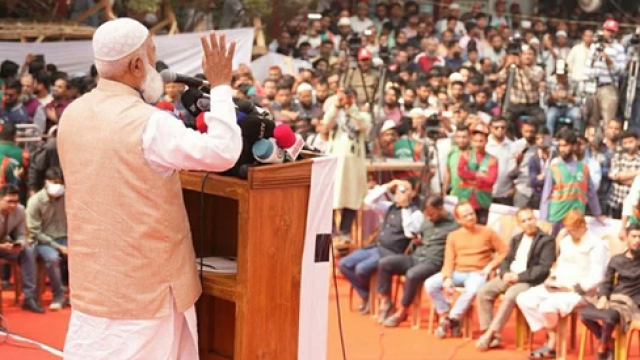













Comment: